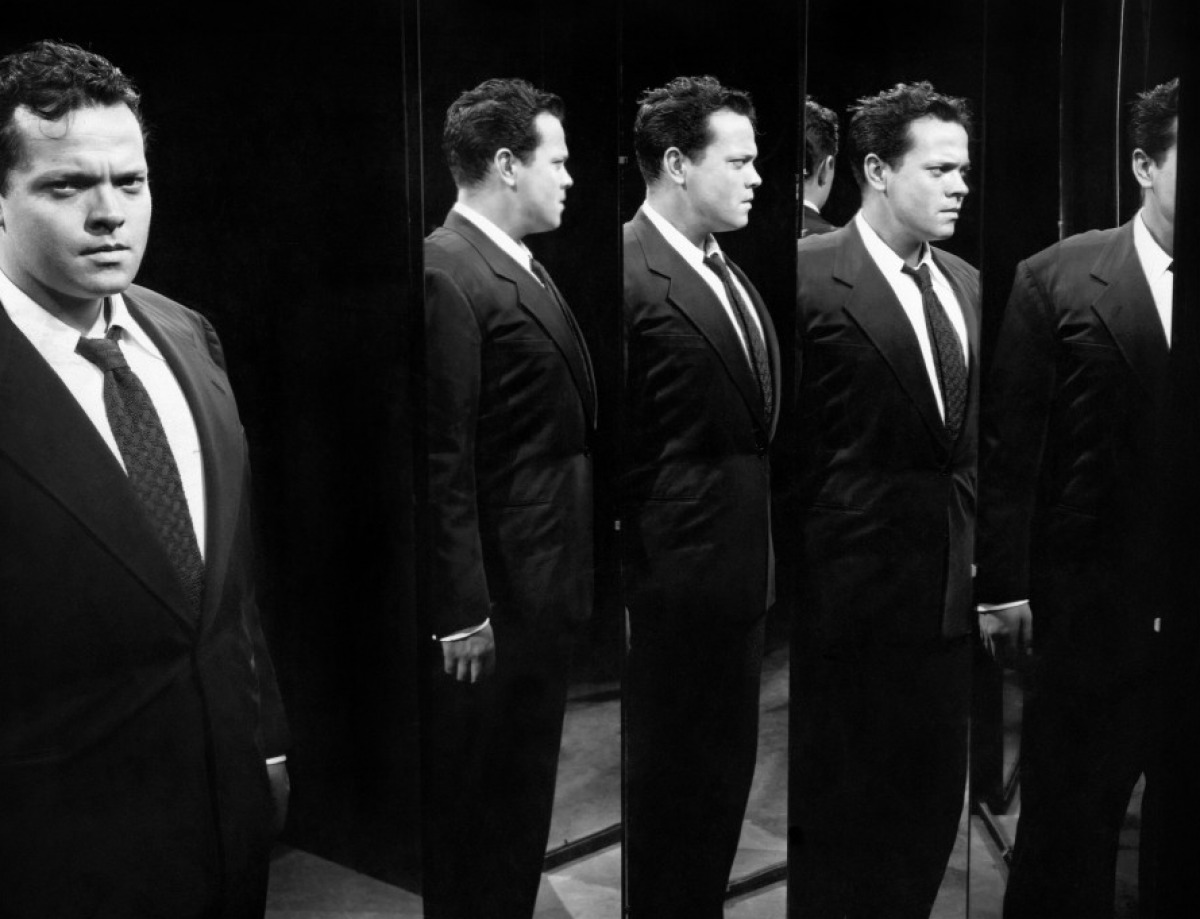In “Parallel Worlds,” Andrew Crumey’s Aeon essay about the implications for accepted knowledge if there was proof of the Multiverse, he traces the deep roots of the idea of infinite outcomes. An excerpt:
“Where did this idea of parallel universes come from? Science fiction is an obvious source: in the 1960s, Captain Kirk met his ‘other self’ in a Star Trek episode called ‘Mirror, Mirror’, while Philip K Dick’s novel The Man in the High Castle (1963) imagined an alternate world in which the US was a Nazi puppet state. Since then, the idea has become mainstream, providing the image of forking paths in the romantic comedy Sliding Doors (1998), and the spine-chilling ‘What if?’ in Philip Roth’s novel The Plot Against America (2004), which envisaged the anti-Semitic aviator Charles Lindbergh defeating Roosevelt in 1940. But there’s also science fact. In 1935, Erwin Schrödinger proposed his famous thought experiment involving a cat in a box whose life or death is connected to a quantum event, and in 1957 the American physicist Hugh Everett developed his ‘many worlds’ theory, which proposed that the act of opening Schrödinger’s box entailed a splitting of universes: one where the cat is alive, and another where it is dead.
Recently, physicists have been boldly endorsing a ‘multiverse’ of possible worlds. Richard Feynman, for example, said that when light goes from A to B it takes every possible path, but the one we see is the quickest because all the others cancel out. In The Universe in a Nutshell (2001), Stephen Hawking went with a sporting multiverse, declaring it ‘scientific fact’ that there exists a parallel universe in which Belize won every gold medal at the Olympic Games. For Hawking, the universe is a kind of ‘cosmic casino’ whose dice rolls lead to widely divergent paths: we see one, but all are real.
Surprisingly, however, the idea of parallel universes is far older than any of these references, cropping up in philosophy and literature since ancient times. Even the word ‘multiverse’ has vintage. In a journal paper dating from 1895, William James referred to a ‘multiverse of experience’, while in his English Roses collection of 1899, the poet Frederick Orde Ward gave the term a spiritual cast: ‘Within, without, nowhere and everywhere;/Now bedrock of the mighty Multiverse…’
At the far reaches of this hidden history is Democritus, who believed the universe to be made of atoms moving in an infinite void. Over time, they would combine and recombine in every possible way: the world we see around us is just one arrangement among many that are all certain to appear.”
Tags: Andrew Crumey

